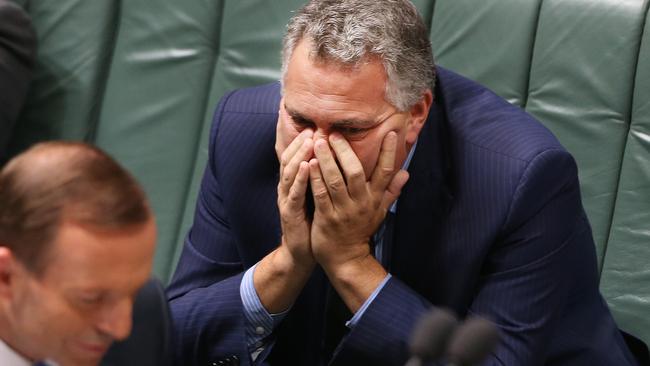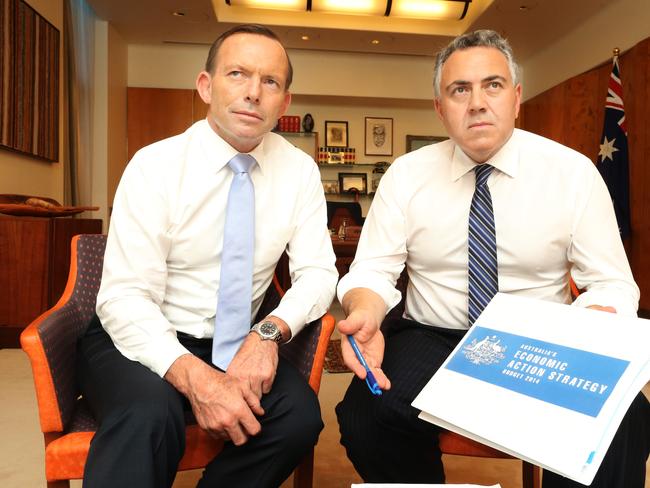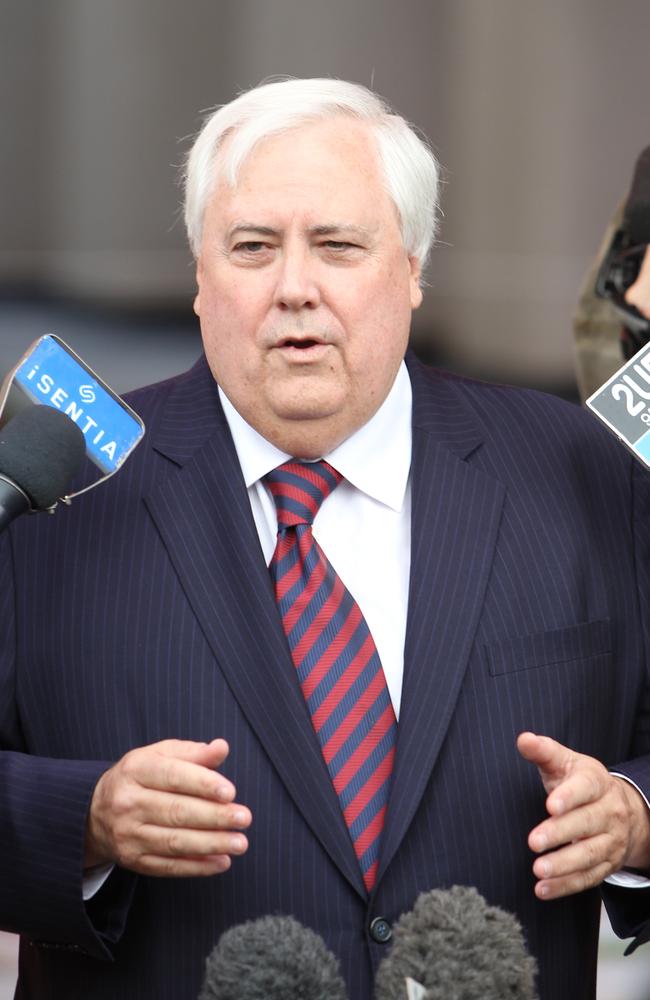Remuneration Tribunal decided in April against wage increases for MPs and top public servants
IT was sold as a last-minute decision by the Government to freeze Federal MPs’ wages to ensure they were hit by Budget pain. But that wasn’t quite right.

Fed Budget
Don't miss out on the headlines from Fed Budget. Followed categories will be added to My News.
IT was sold as a last-minute decision by the Government to freeze wages of its Federal MPs to ensure they were hit by their own chunk of Budget pain. But that wasn’t quite right.
As it turns out, the body which sets those wages had already decided pay rates would be untouched.
The independent Remuneration Tribunal made a preliminary move in April to not recommend rises for MPs (base salary $195,000) and senior public servants for the 12 months from midyear.
“For some months, noting the Government’s policy, it has been evident that any wages movement in the APS (Australian Public Service) and federal public sector would be restrained,” said the tribunal in a statement today.
“Indeed, at its April meeting, the Tribunal’s preliminary conclusion was that it would determine no annual review increase for offices in its jurisdiction from 1 July, 2014.”
That meeting was held well before Treasurer Joe Hockey said the pay of MPs and top public servants would be capped for 12 months because “we are going to contribute ourselves” to the Budget repair task.

“I think it is highly important that we illustrate, that we show that whatever we are asking of the electorate to repair the Budget ... we have to do ourselves and in this case more,” Mr Hockey told the Nine Network yesterday.
Mr Hockey was not aware of the Remuneration Tribunal’s April pay freeze decision when he announced it as the Government’s own measure, which Prime Minister Abbott was to request in a letter to the wage-setting body today.
“The Tribunal concluded that it would be unreasonable for it to determine increases for the most senior offices in the public service when those leaders are themselves managing new enterprise agreements pursuant to the Workplace Bargaining Policy. The question of budget stringency should apply to all offices equally,” said the tribunal’s statement.
Outspoken Palmer United Party chief Clive Palmer wants the freeze to go further by linking the age entitlement for the age pension — expected to be 70 by 2035 — to that of the parliamentary pension.

Mr Palmer said he would not be affected by a pay freeze as he gave his backbencher’s salary to charity.
He told reporters today he opposed the move to 70 for the age pension but if it went ahead he would introduce private member’s legislation to bring the parliamentary system “into line with what they are proposing for the rest of the nation”.
“The nation should be allowed to receive the same treatment from Tony Abbott that he has given to all political colleagues,” Mr Palmer said.
“He has frozen politicians wages so it is now time to treat parliamentary pensions on the same basis as eligibility for the aged pension,” Mr Palmer said.
“Let’s see if the Treasurer Joe Hockey and his colleagues are happy to join in the heavy lifting he expects pensioners to do. They should lead by example and make one rule for all.
“What they are doing is just disadvantaging elderly Australians in the twilight of their life and plundering the nation’s finances.”
Originally published as Remuneration Tribunal decided in April against wage increases for MPs and top public servants


